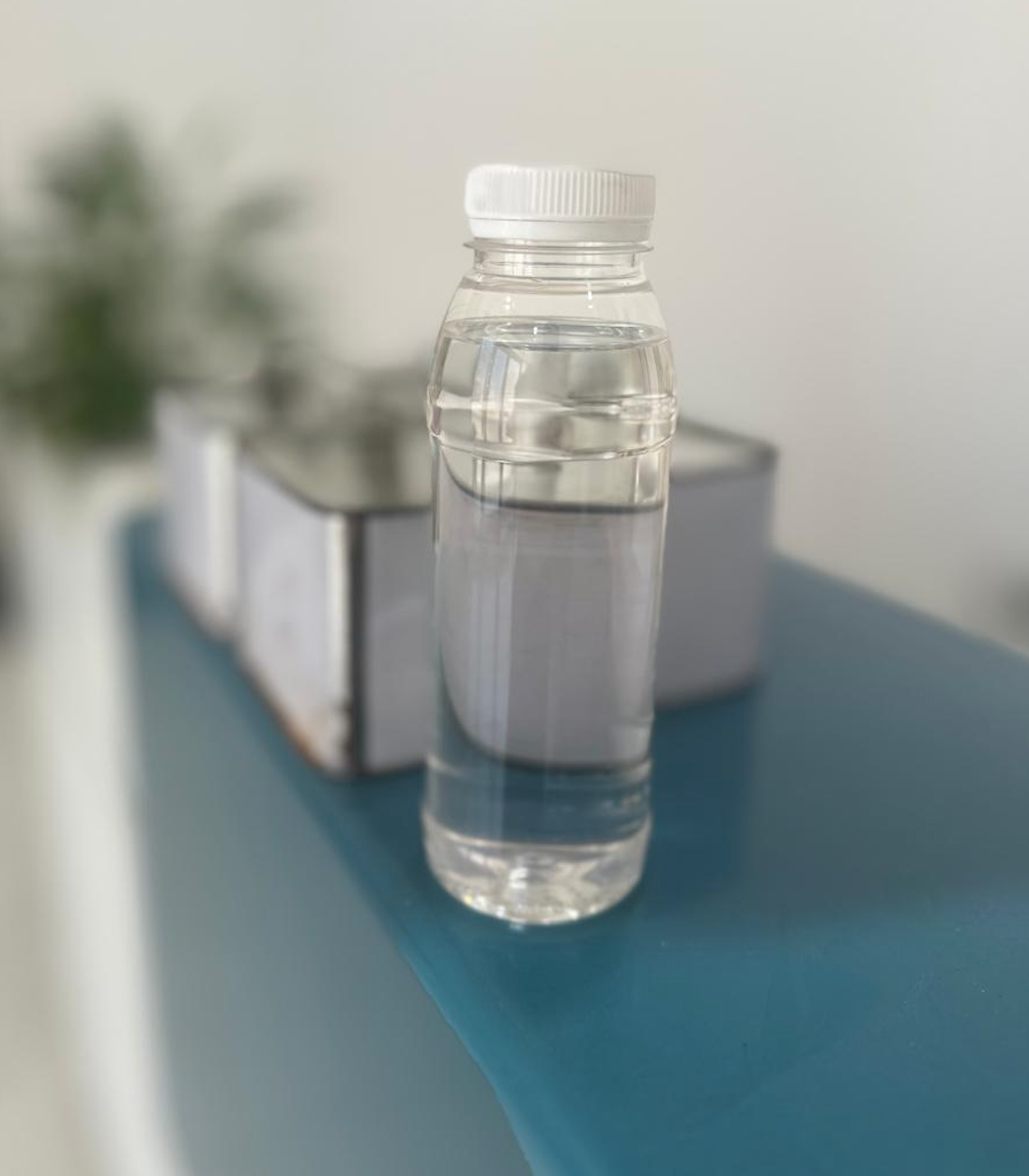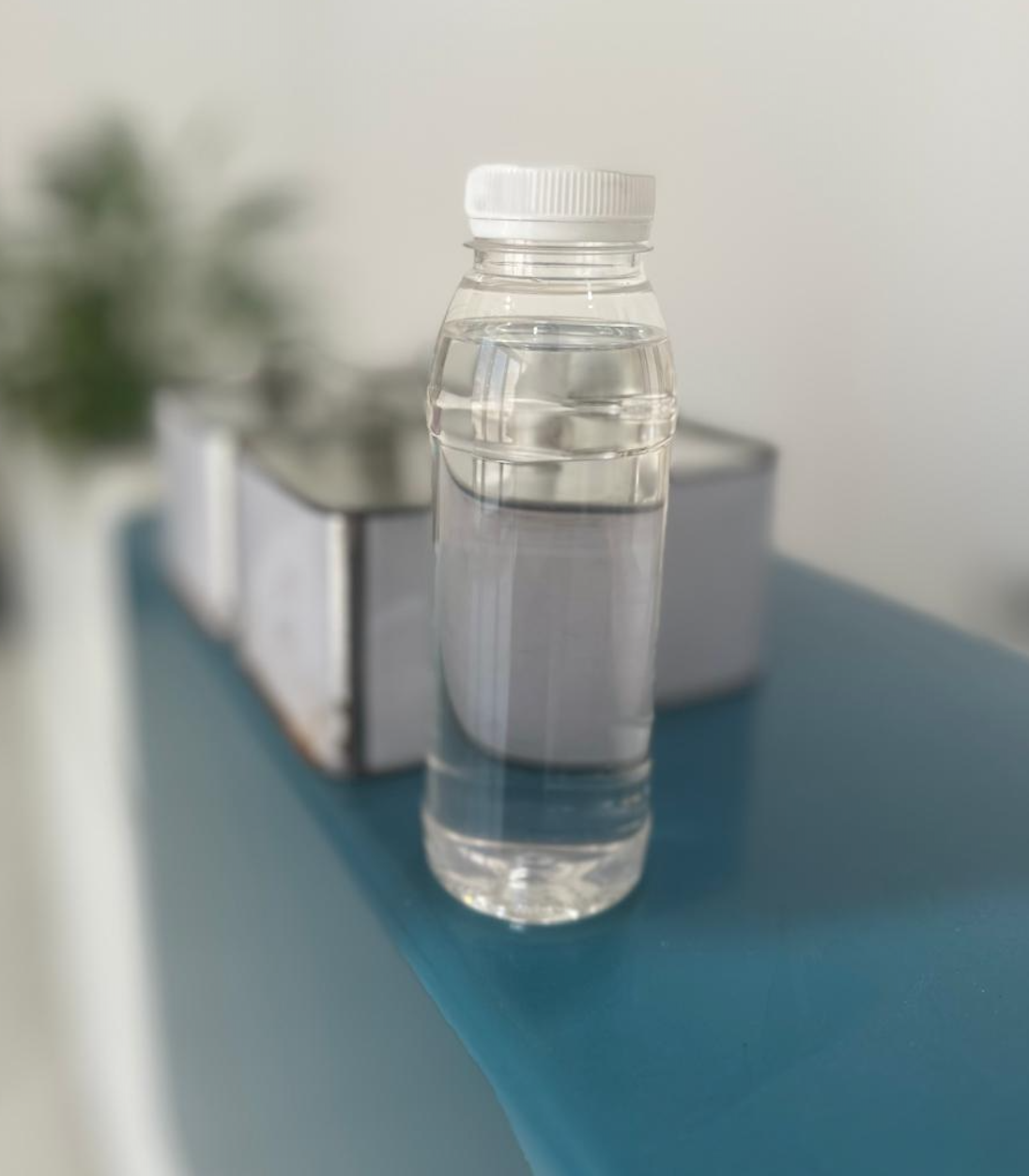Naphtha
Naphtha is a flammable liquid hydrocarbon mixture. It is generally a fraction of crude oil, but it can also be produced from natural-gas condensates, petroleum distillates, and the fractional distillation of coal tar and peat.
Key characteristics of naphtha:
Volatile: It evaporates easily at room temperature.
Flammable: It can easily catch fire.
Hydrocarbon mixture: It is made up of various hydrocarbons, which are compounds containing only hydrogen and carbon.
Uses of naphtha:
Solvent: It is used in various industries as a solvent for dissolving other substances.
Diluent: It is used to thin out other liquids, such as paints and varnishes.
Fuel: In some regions, it is used as a fuel for stoves and lamps.
Feedstock: It is used as a raw material in the petrochemical industry to produce plastics, synthetic rubber, and other products.
Cleaning agent: It is a component in some cleaning fluids and degreasers.
Safety concerns:
Flammability: Due to its high volatility and flammability, naphtha should be handled with care and stored in well-ventilated areas away from heat sources.
Toxicity: Prolonged exposure to naphtha fumes can cause health problems, such as respiratory irritation, headaches, and dizziness. Skin contact may also cause irritation.
I hope this information is helpful! Let me know if you have any other questions.
Naphtha is a flammable liquid hydrocarbon mixture. It is generally a fraction of crude oil, but it can also be produced from natural-gas condensates, petroleum distillates, and the fractional distillation of coal tar and peat.

Key characteristics of naphtha:
Volatile: It evaporates easily at room temperature.
Flammable: It can easily catch fire.
Hydrocarbon mixture: It is made up of various hydrocarbons, which are compounds containing only hydrogen and carbon.
Uses of naphtha:
Solvent: It is used in various industries as a solvent for dissolving other substances.
Diluent: It is used to thin out other liquids, such as paints and varnishes.
Fuel: In some regions, it is used as a fuel for stoves and lamps.
Feedstock: It is used as a raw material in the petrochemical industry to produce plastics, synthetic rubber, and other products.
Cleaning agent: It is a component in some cleaning fluids and degreasers.
Safety concerns:
Flammability: Due to its high volatility and flammability, naphtha should be handled with care and stored in well-ventilated areas away from heat sources.
Toxicity: Prolonged exposure to naphtha fumes can cause health problems, such as respiratory irritation, headaches, and dizziness. Skin contact may also cause irritation.
I hope this information is helpful! Let me know if you have any other questions.








